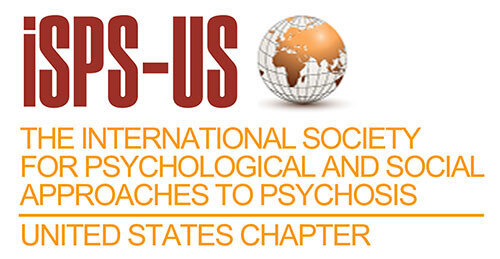The traumatic family separation policies of the Trump White House (WH) have been condemned by the following American health and human rights organizations: The American Academy of Pediatrics, The United Nation's Human Rights Council, the American Medical Association, the American College of Emergency Physicians, the American College of Physicians, the National Association of Social Workers, the American Psychiatric Association, the American Psychological Association, the American Public Health Association, the National Academy of Medicine, the International Society for Traumatic Stress Studies (ISTSS), the American Psychoanalytic Association, the American Nurses Association, etc.
ISPS-US condemns these family separation policies as they substantially increase young people's vulnerability to being to being labeled with psychosis and schizophrenia. Early life stress (ELS) and childhood maltreatment/separation trauma are known to be correlated with the later development of multiple psychiatric syndromes, including schizophrenia and psychosis (Teicher et al., 2016).
Green and colleagues (2014), after reviewing the research on "schizophrenia" and bipolar disorder, noted: "The evidence is thus converging: exposure to stress at critical periods in life may be an important factor in the development of the brain dysfunction that represents psychosis vulnerability, rather than merely interacting with an independent 'biological vulnerability' to manifest in psychosis" (p. 217).
Current federal policy forcibly separating children from their parents has harmful and lasting psychological effects for generations to come. ISPS-US join's major health and human rights organizations in offering widespread condemnation of current immigration policy. We cannot more strongly decry the willful perpetration of psychological devastation on a mass scale by a nation that holds the ideal of liberty and justice for all.
References
Teicher, M. H., Samson, J. A.., Anderson, C. M. & Ohashi, K. (2016). The effects of childhood maltreatment on brain structure, function and connectivity. Nature Reviews/Neuroscience, 17, 652-666.
Green, M. J., Girshkin, L.. Teroganova, N. & Quide, Y. (2014). Stress, schizophrenia and bipolar disorder. In C. M. Pariante & M. D. Lapiz-Bluhm (Eds.), Behavioral Neurobiology of Stress-Related Disorders, pp. 217-235. NY: Springer.

